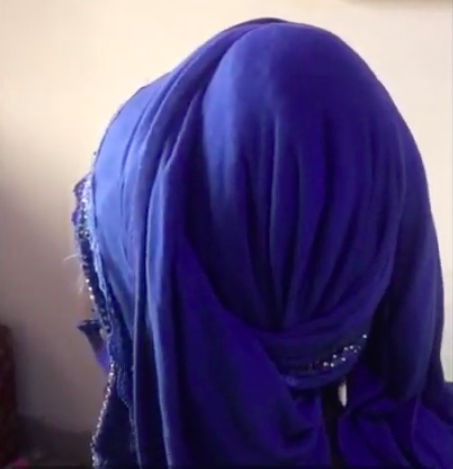Hawa* is a young Muslim woman who runs a small kiosk business. One day as she travelled into town she was stopped by the police who asked why she was not wearing a mask. She tried to explain that with a full face covering niqab there is no need for a mask as her whole face is already covered.
However, the police continued to insist that she wear a visible mask. A city council officer joined the police and removed her veil, violating her religious beliefs and causing her distress. The matter was later reported to the police but, frustrated by the denials of the perpetrators, Hawa gave up on the case. However, when AdvocAid learned of her experience, we raised the issue with the Independent Police Complaint Board (IPCB). As part of our ongoing work to strengthen police accountability, supported by OSIWA, we file police complaints both independently and on behalf of clients, and document issues such as this so that they can be investigated and disciplinary action taken where appropriate. AdvocAid also raised the matter with the National COVID-19 Emergency Response Centre (NACOVERC) as part of our advocacy work to ensure due consideration and sensitivity is given to gender, vulnerability, religious, economic and social status.
As a result, on 18th September, the government issued a revision of the Guiding Policy on the Use of Face Masks. They added a new mask wearing exemption for women wearing face coverings which fully cover their nose and mouth.

Hawa’s case illustrates how women’s rights and the right to religious practice can be infringed upon by measures that are broadly defined and applied. Using the least restrictive means to achieve the public health purpose of mask-wearing will ensure such measures are proportional to the objective of preventing and containing the spread of the virus.
* name changed to protect her identity
